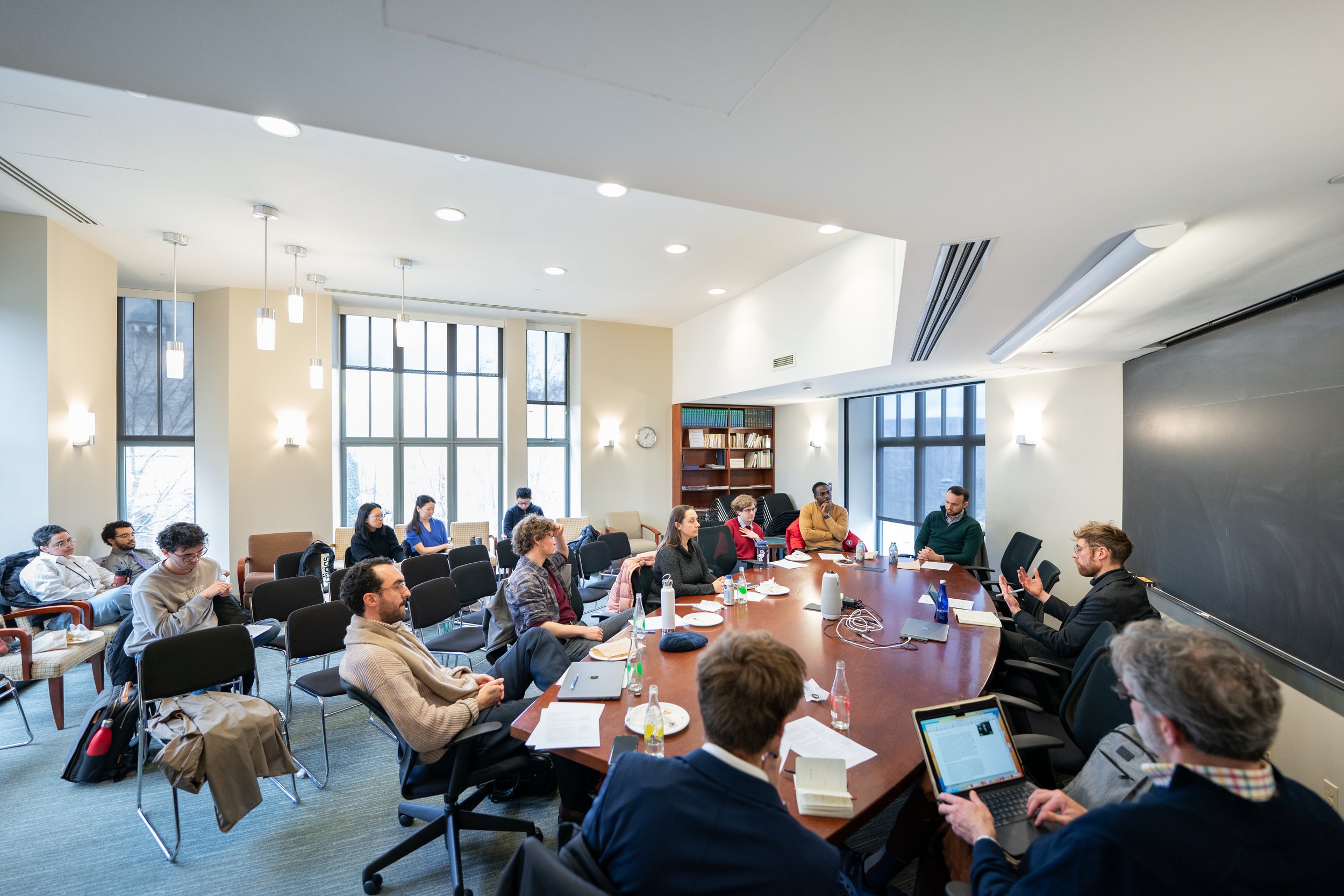
Events


3PR will be hosting a book talk with Daryl Van Tongeren (Hope College) on his new book, “Done: How to Flourish After Leaving Religion.”
There will be a DeCenter Workshop on Blockchain & Belief: Histories and Futures of Money, Power, and Faith on November 5, 2025 at 9:00 am.
The 2025 Eastern Conference of the Society of Christian Philosophers, cosponsored by Princeton Theological Seminary, the Princeton Project in Philosophy & Religion, and the Rutgers Center for the Philosophy of Religion, will take place at Princeton Theological Seminary on October 2–4, 2025.

